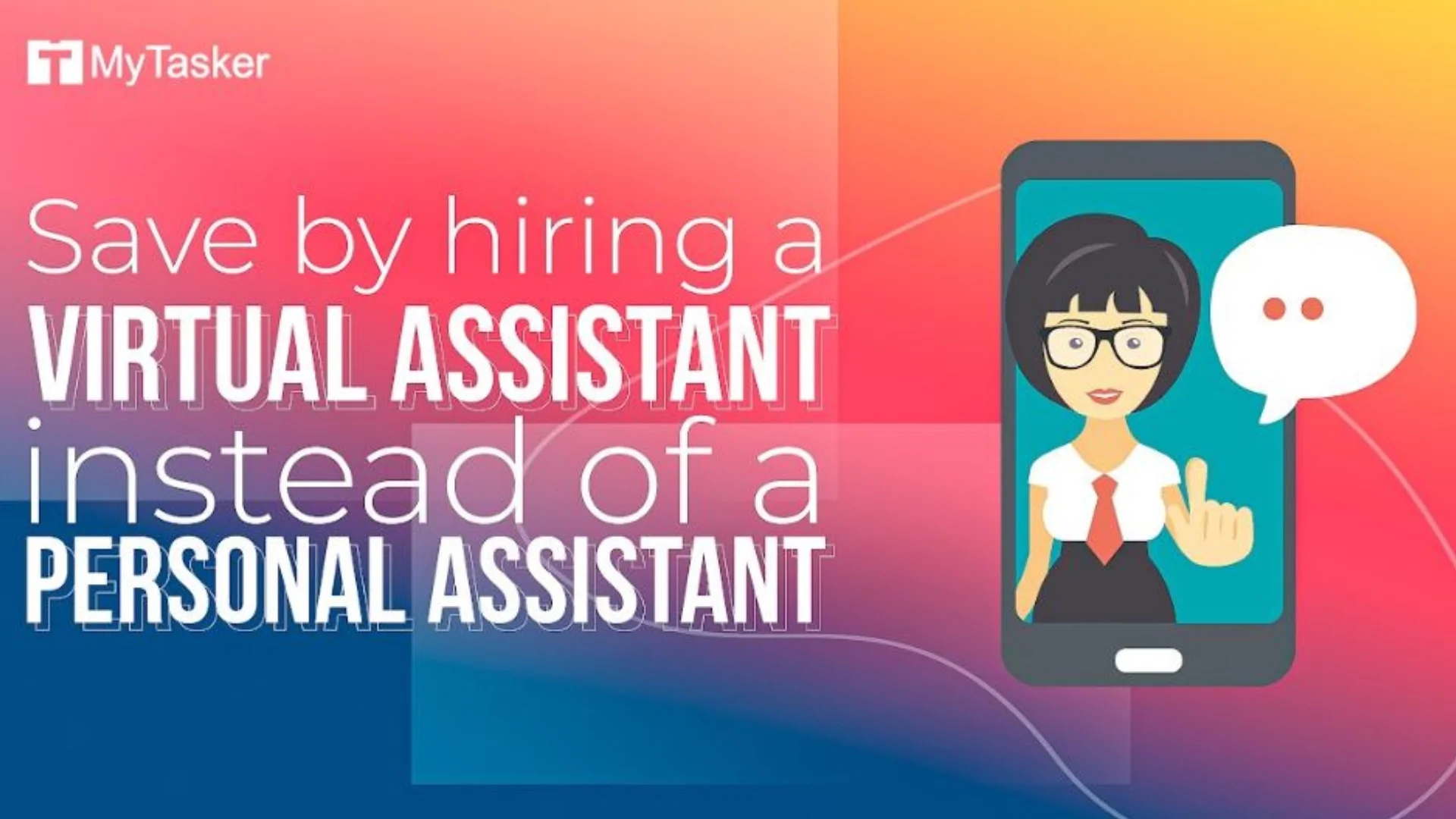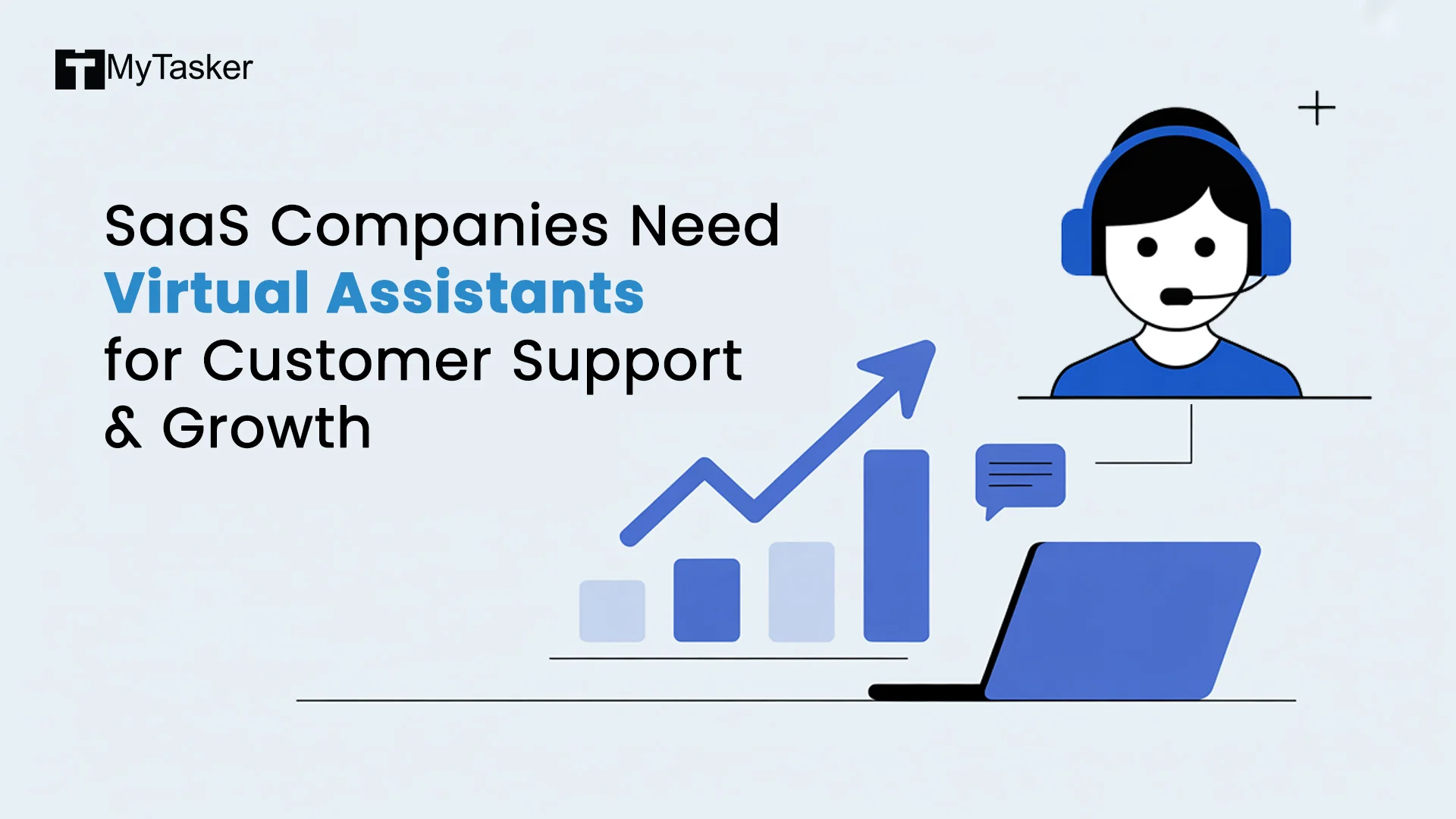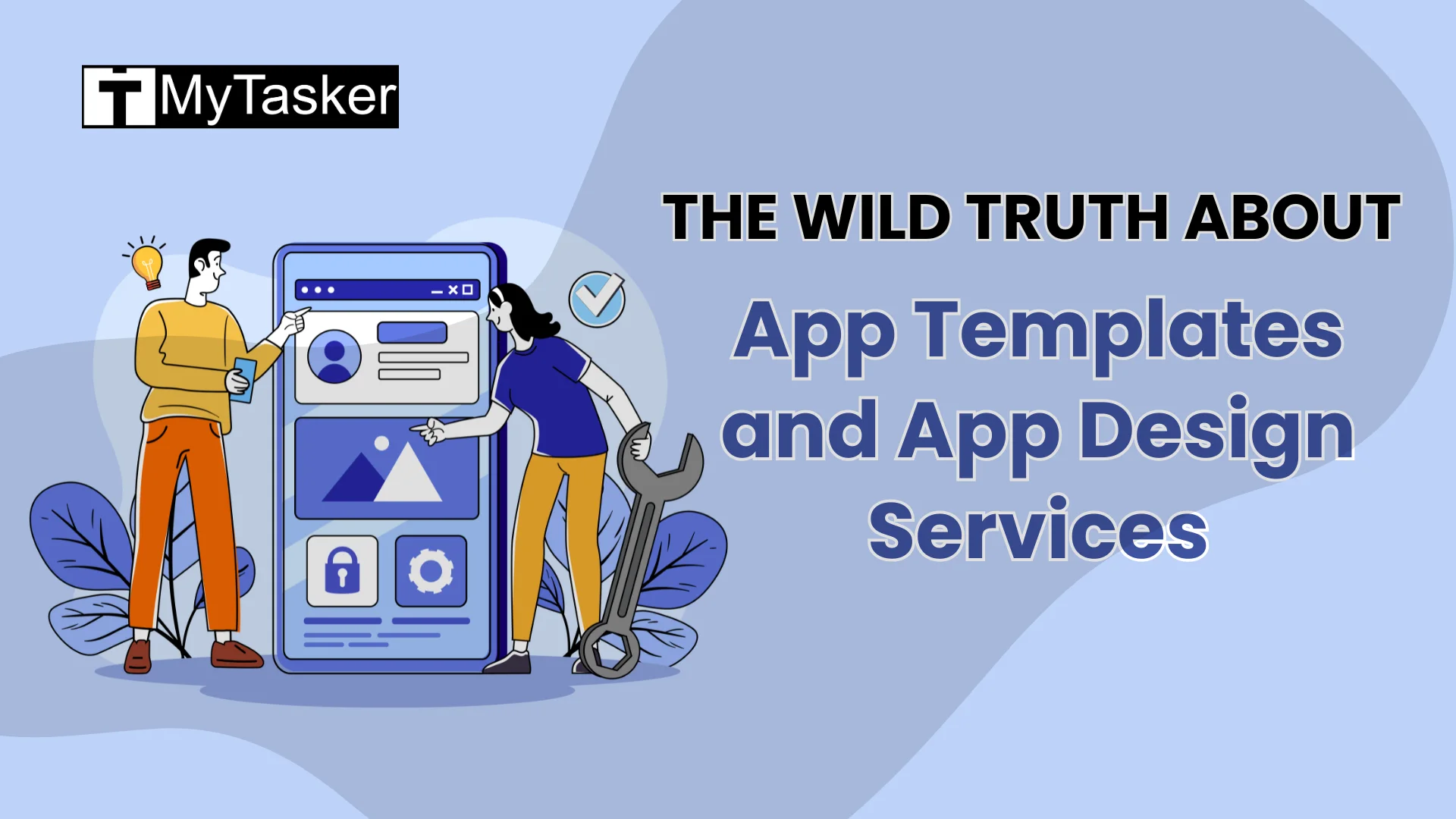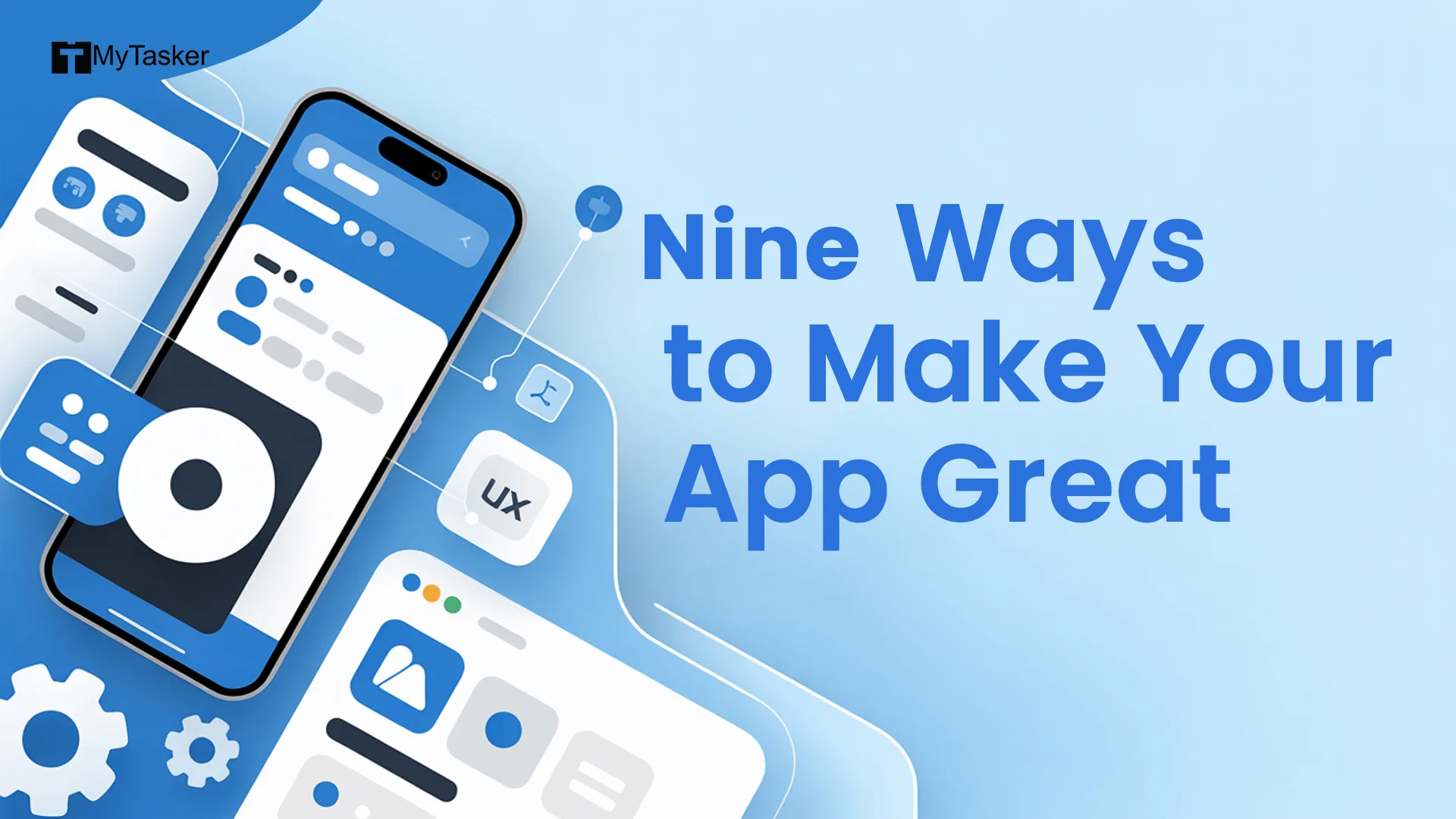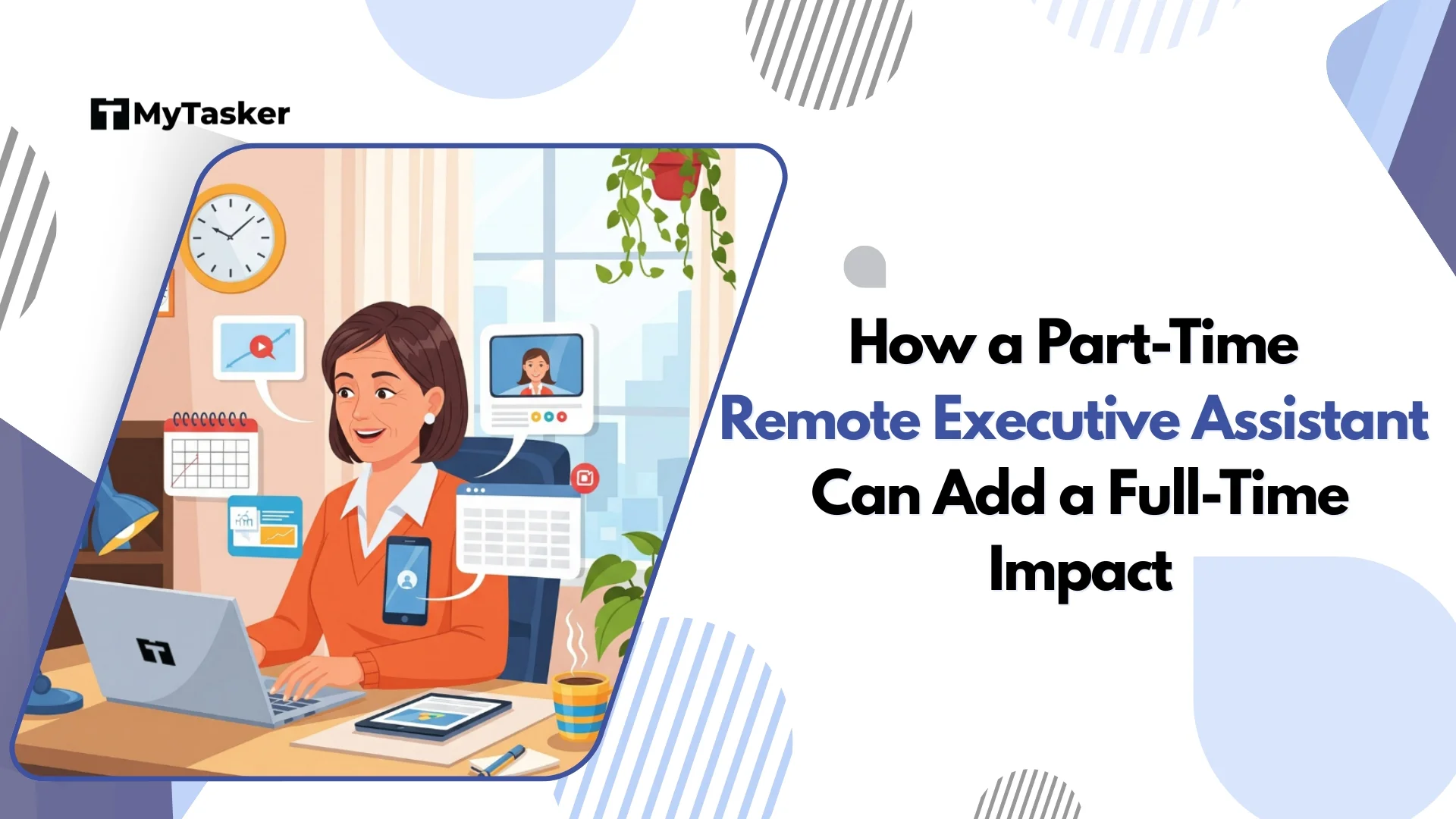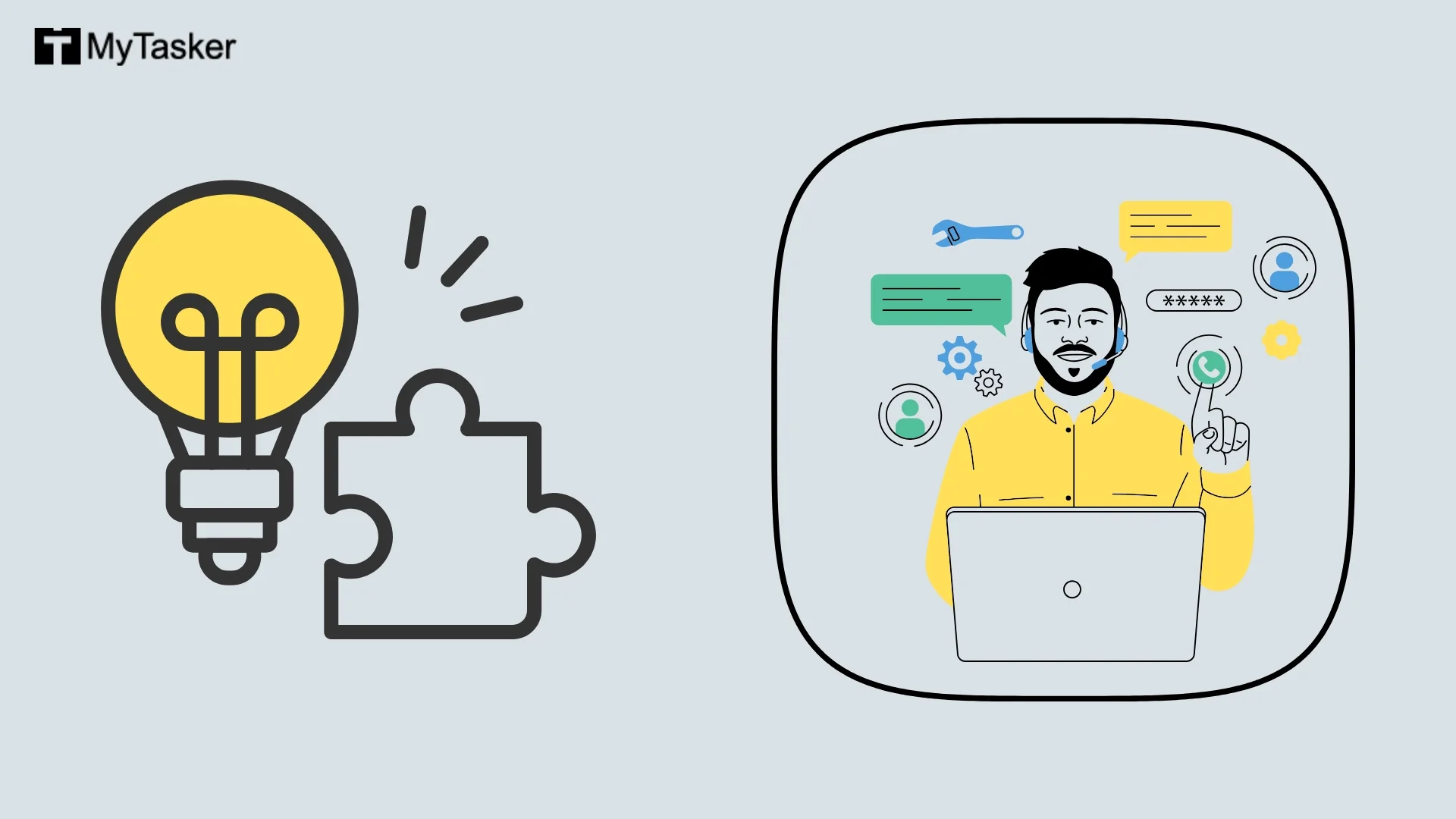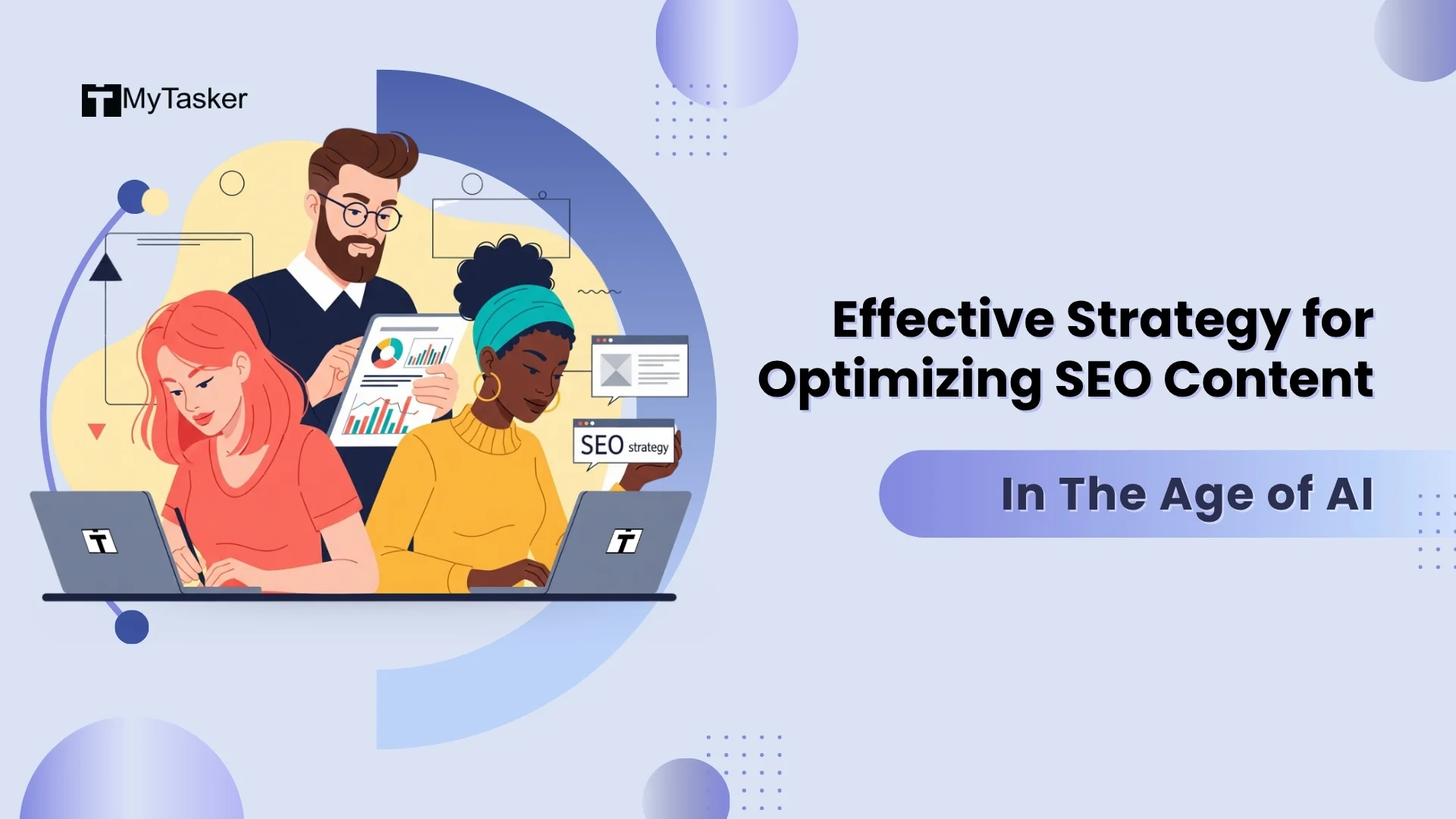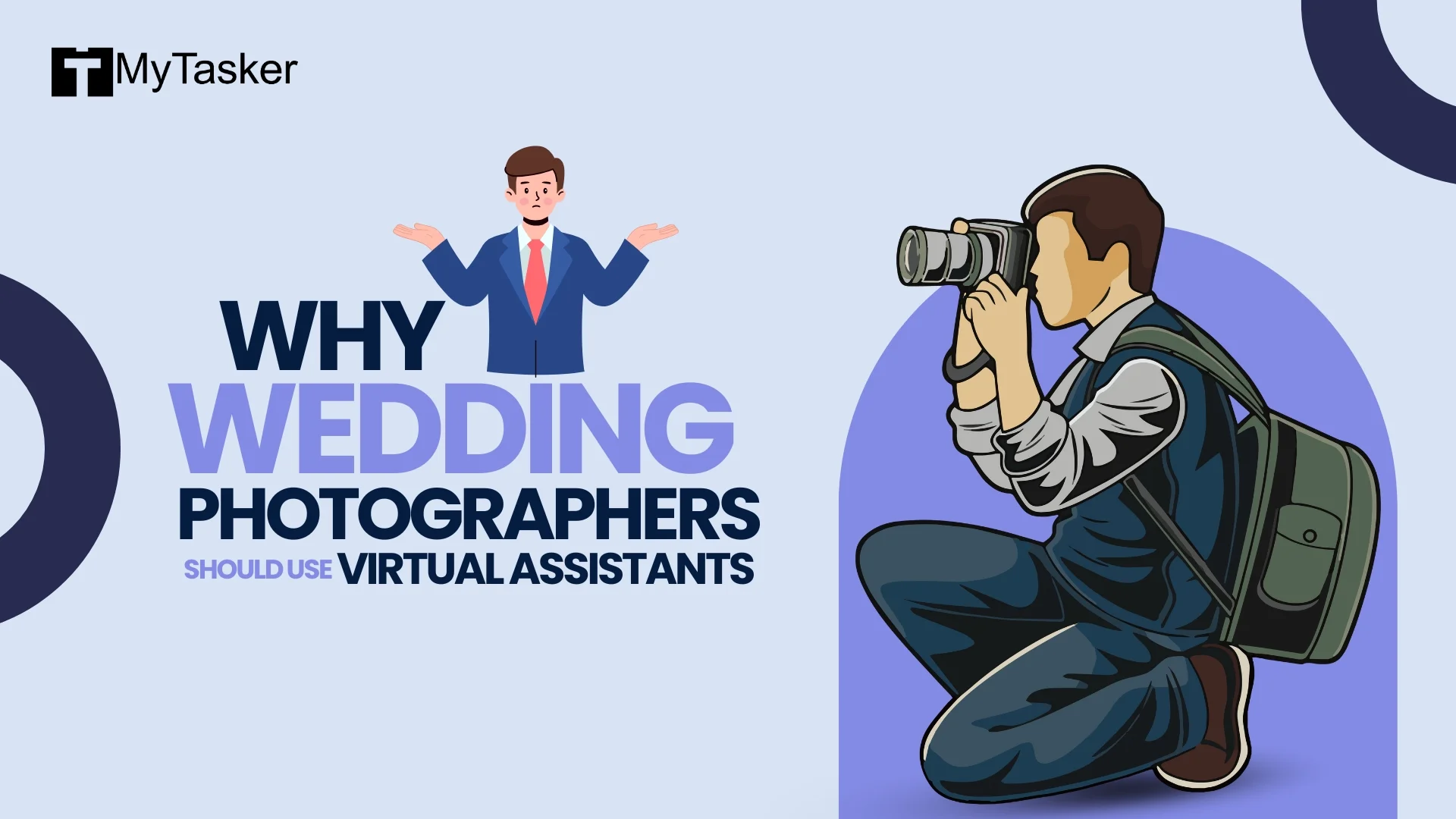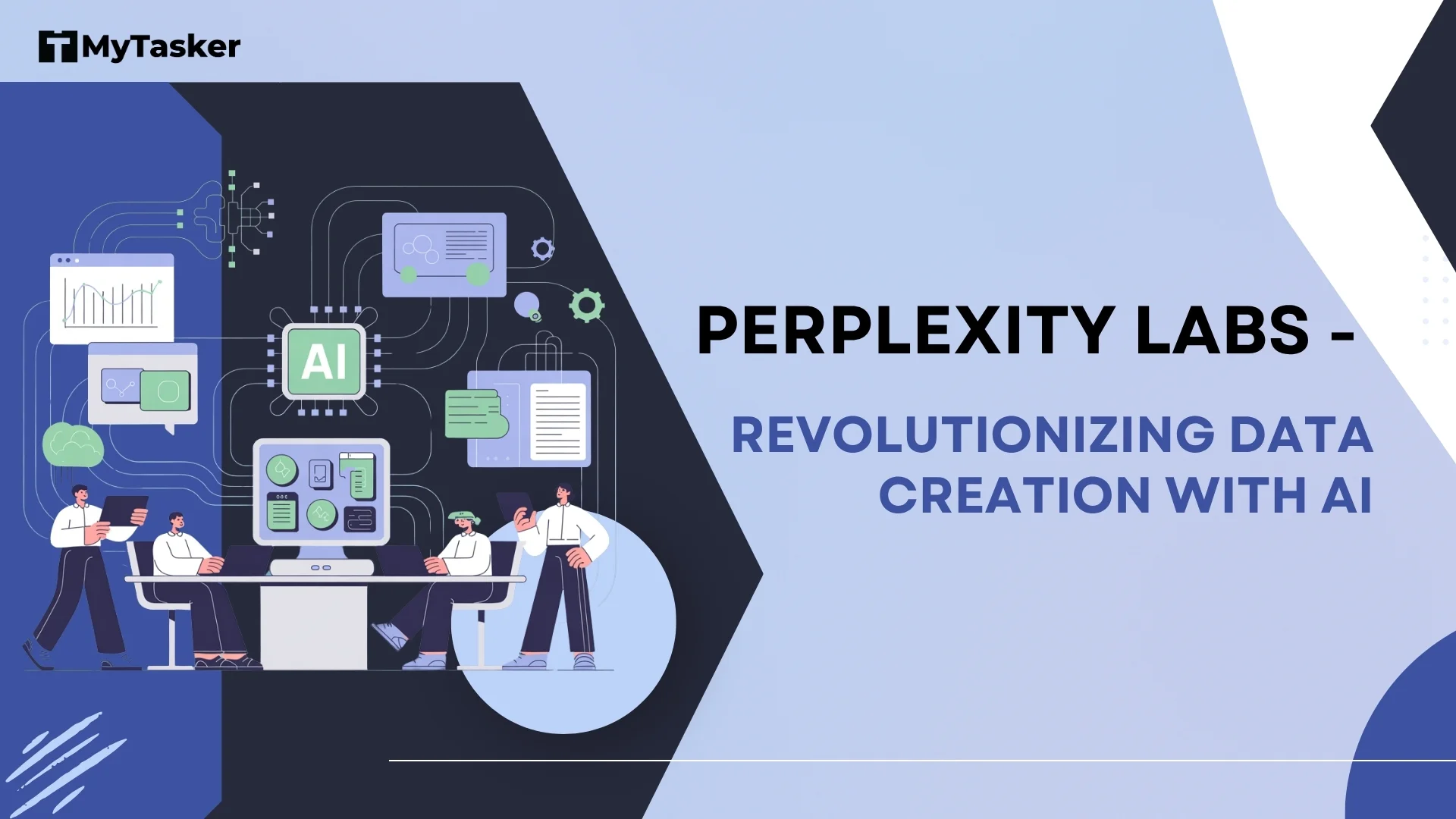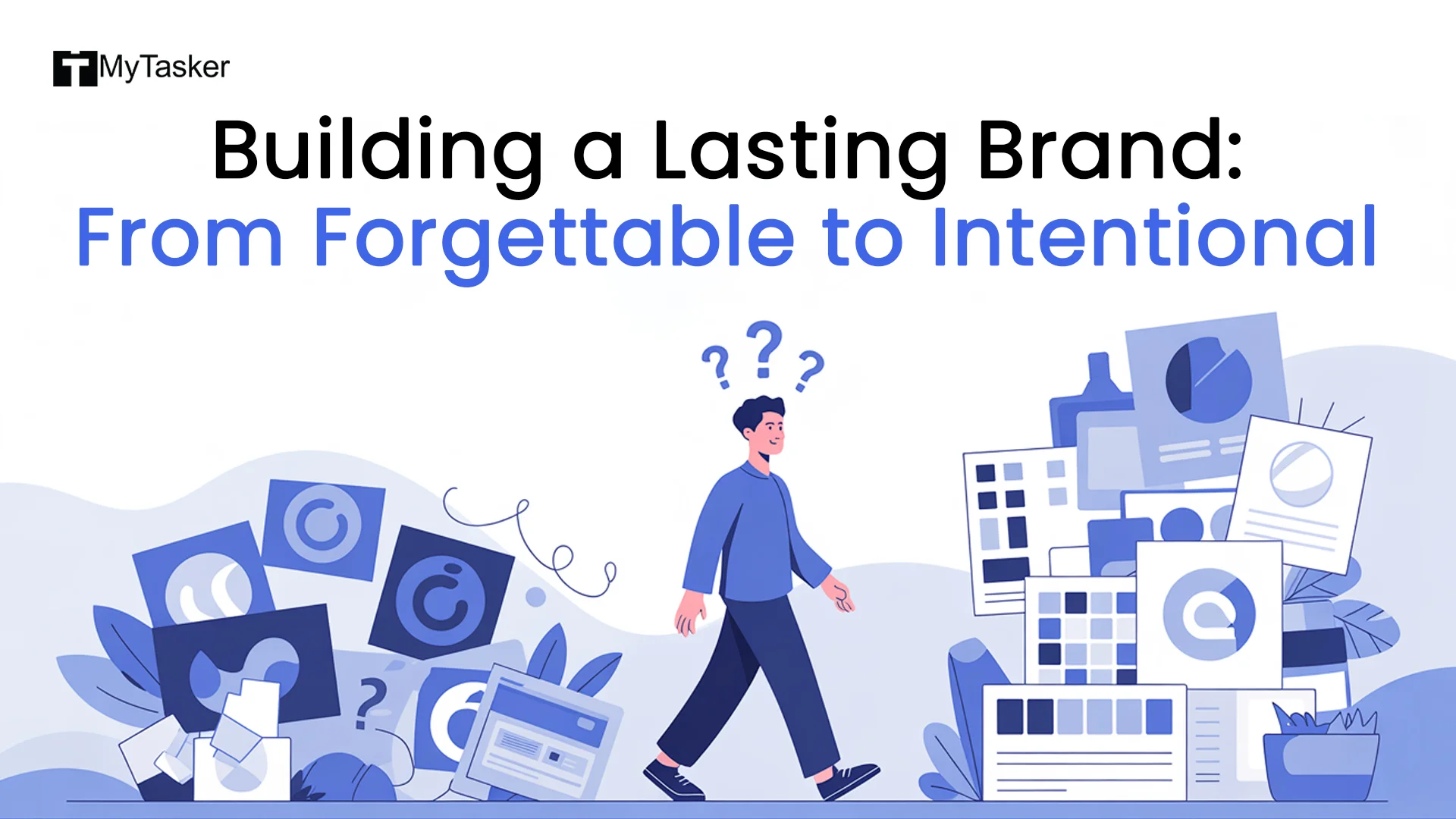We all want to reach new heights in life and business, but success rarely happens alone.
Growth requires support and, at the very least, an executive assistant or secretary to take care of the administrative tasks: emails, meetings, documents, social media, etc.
But hiring an in-house PA or administrative assistant comes with added costs: office space, insurance, payroll taxes, etc. That’s why many professionals delay hiring, stretch themselves thin doing tasks outside their expertise or settle for “something is better than nothing”.
But here’s the good news: With the power of the internet and digital tools, you can have all this support—without the overheads—by hiring a virtual personal assistant.
What Does a Virtual Personal Assistant Do?
Business owners and busy professionals have enough to handle without getting bogged down in everyday tasks. That's where a virtual personal assistant (VPA) comes in. They help you handle those tasks so you can focus on what matters.
Administrative Tasks
Administrative tasks are a big part of that. An executive personal assistant can schedule appointments and manage your calendar. They'll keep your inbox organized, book travel, plan trip details, and prepare important documents, reports and presentations. They'll also help plan events and keep your day-to-day work running smoothly.
Customer Support
Customer support is another area where a VPA can make a real difference. By handling phone calls, replying to emails and chatting with customers online, they can improve your customer service. They can manage your CRM system, process orders and returns, and follow up with clients and leads. They can even collect customer feedback and run surveys to help you improve your service.
Social Media & Digital Marketing
Social media and digital marketing are where many VPAs really shine. They can create and schedule posts for your social media pages and manage your business profiles on platforms like Facebook and Instagram. They can run ads on Google, Facebook and YouTube, write blog posts and website content that's optimized for SEO and keywords, and track how your campaigns are performing using analytics.
Research & Data Management
A VPA can handle research and data tasks to help you make better business decisions. They'll do market and competitor research, study industry trends and help with data entry and organization. They can research products and services and prepare reports to support your business strategy.
Bookkeeping & Financial Assistance
Basic financial tasks are also within a VPA's capabilities. They can track expenses, manage budgets, and handle invoices and payments. They'll prepare financial reports, reconcile accounts and assist with tax preparation and payroll summaries to keep your finances organized and up to date.
A virtual personal assistant is a smart, cost-effective solution for managing daily business operations. Whether you need help with admin, marketing, customer service, or finances, a VPA helps you save time, boost productivity, and focus on growth.
Virtual Personal Assistant vs. Traditional Personal Assistant: Which One Fits Your Needs?
A Traditional Personal Assistant (TPA) works with you in person, usually in your office. A Virtual Personal Assistant (VPA) works remotely, supporting you online from anywhere.
Where They Work and How Flexible They Are
TPA: Works on-site with you. Great for tasks that need physical presence, like organizing documents or setting up meetings in person.
VPA: Works from home or any remote location. All they need is an internet connection. You can get help from them no matter where you are.
Focus and Availability
TPA: Usually works full-time for one person or team, so they’re always focused on your tasks.
VPA: Can also be fully dedicated to you, especially if you hire them directly. Some VAs from agencies may work with multiple clients, which can make them slower to respond. If you want full attention, hiring directly is best.
Personalized Support and Consistency
TPA: Gets to know your habits, preferences and work style by working closely with you every day.
VPA (Direct Hire): Can offer the same personalized support over time. If you stick with one VA, they’ll learn how you like to work. If you’re working with different VAs from an agency, that consistency might be lost.
Training and Adapting to Systems
TPA: Can be trained quickly in person and adapt to your office systems right away.
VPA: Can be trained just as well using screen sharing, video calls and online tools. They usually work better with digital systems from the start.
Communication and Speed
TPA: Face-to-face chats allow for quick decisions and real-time updates.
VPA: Communicates through email, messaging apps and video calls. Direct hires respond quickly, but agency VAs might have delays if communication goes through middlemen.
Costs and Long-Term Value
TPA: More expensive, as they need office space, equipment and benefits.
VPA: Usually more affordable. Direct hires help you save money, and you can scale their hours based on your needs.
Trust and Data Security
TPA: Builds trust over time by being present and working in your office.
VPA (Direct Hire): Can build the same trust over time. Direct hiring gives you more control over who accesses your data and how it’s protected, unlike rotating VAs from agencies.
Who Should Choose What?
A Traditional Personal Assistant (TPA) is for executives who need in-person support, roles that require physical tasks like document handling or event coordination and those who like face-to-face interaction and supervision. TPAs are best when you need real-time, hands-on help, especially in high-security environments or office-based workflows.
A Virtual Personal Assistant (VPA) is for entrepreneurs, remote teams and professionals who are comfortable working digitally. VPAs are perfect for admin and online tasks, global talent and scalable, cost-effective support. They’re best when work can be done remotely using digital tools and workflows.
In a nutshell: TPA for on-site support. VPA for flexible digital support—especially in this remote-first world.
Personal Virtual Assistant vs. Virtual Assistant: What's the Difference?
Both personal virtual assistants (PVA) and virtual assistants (VA) can help with admin, communication and online tasks—but how they work differs. Here’s a quick guide to help you decide.
What They Do
A personal virtual assistant works exclusively for you during set hours, for both business and personal tasks like calendar management, travel planning and gift shopping.A virtual assistant from an agency handles project-based or repetitive tasks like data entry, research or social media for multiple clients.
Choose a PVA for personalized, consistent support. Choose a VA for short-term, task-based help.
Relationship and Communication
With a PVA, you work with the same person who learns your style and preferences over time, building trust and efficiency. With an agency VA, you might speak to a coordinator, and the assistant can vary from task to task.
PVA wins if you value a stable, long-term working relationship.
Skills and Training
A PVA can be trained to match your tools, templates and workflow. They improve over time and can take on more complex tasks. A VA comes with predefined skills, and training is limited. They’re usually assigned based on availability.
PVA is better for customized workflows and evolving roles.
Flexibility and Speed
A PVA can handle both urgent and routine tasks directly, with no wait time. A VA may need coordination, which can slow down urgent requests.
PVA is faster and more responsive.
Cost and Budget
A PVA is a higher investment but offers focused support and better long-term value. A VA is more budget-friendly for small or one-off tasks but is less personal.
Choose a PVA for ongoing help. Choose a VA to save on small, short-term tasks.
Security and Privacy
A PVA works directly with you and treats your information with care, making them a safer choice for sensitive data. An agency VA may work within a team that can increase the risk of data exposure.
PVA is more secure for confidential work.
Best for You If...
Choose a PVA if you need someone who works only for you, can manage ongoing projects or personal tasks and offers long-term support. Choose a VA if you need quick help with research, content or admin tasks, don’t have time to train or want a lower-cost solution.
Find
PVA on Upwork, Time Etc., Belay.
VA on MyTasker, Zirtual, Fiverr.
Hybrid Remote
Some virtual assistant companies have an operational model where they have a combination of in-house virtual employees as well as remote ones. At times, employees who work in-house need to relocate or work during late night or early morning shifts following their clients' business hours. In that case, the hybrid work model helps the VA company to provide executive personal assistance in accordance with their clients' feasibility.
We at MyTasker have a hybrid remote model. It helps us to hire a wide range of talent and assist clients in different zones. We adapted to this model during the lockdown, and it still helps us run our operations smoothly.
Why a Personal Virtual Assistant?
Cost Effective: No need to hire a full-time in-office assistant, no benefits, no office space, no equipment.
Flexible Hours: Available on an as-needed basis, whether a few hours a week or full-time support.
Access to Specialized Skills: Many VPAs have expertise in areas like digital marketing, social media management, graphic design, bookkeeping, and customer service.
Increased Productivity: Offload administrative and repetitive tasks to a VPA, and business owners and executives can focus on high-priority activities and strategic decision making.
Scalability: VPAs allow businesses to scale up or down as needed.
Work Life Balance: Hiring a VPA and busy professionals can reduce stress and provide more time for personal commitments.
Where to Find a VPA?
You can find a VPA in several ways based on your needs and budget:
Freelancing Platforms
-
UpWork – A Large pool of freelancers with different expertise.
-
Freelancer – Competitive pricing and flexible hiring options.
-
PeoplePerHour – Ideal for short-term or project-based work.
-
Fiverr – This is an Affordable option for various administrative and marketing tasks.
Virtual Assistant Companies
Hiring from agencies ensures quality and reliability. Some well-known companies are:
-
MyTasker – Provides trained professionals for various virtual assistant services. We, unlike other VA companies and agencies, have a huge team of in-house staff.
-
Time Etc – Focused on executive assistant services.
-
BELAY – Offers highly skilled assistants for business support.
-
24/7 Virtual Assistant – Specializes in round-the-clock assistance for businesses.
Independent VPAs
Many professionals offer their services independently through LinkedIn, social media, and personal websites. This option allows for personalized hiring but may require additional vetting and interview processes.
How Much Does a VPA Cost?
The cost of a VPA depends on:
-
Experience Level – Entry-level, Intermediate or Expert VPAs.
-
Service Type – Basic admin tasks vs. specialized services (SEO, graphic design, etc.).
-
Geographical Location – Rates vary based on the VPA’s country.
-
Commitment Level – Hourly, part-time or full-time assistance.
Most VPAs charge between $5 to $100 per hour based on their expertise, industry and country of residence.
FAQs: Personal Assistant Services
What Can a VPA Do?
A VPA can schedule your calendar, organize your email, book travel, make phone calls, and do data entry. They can also support social media, content creation, online research and project coordination. On the personal side, they can plan events, buy gifts and manage home tasks. Start with simple tasks like email filtering and ease into delegation.
Who Should Hire a VPA?
VPAs are perfect for entrepreneurs, freelancers, executives, busy parents and small business owners. If you’re managing work and personal demands, a VPA will help you stay focused and organized. For example, a marketing agency owner can get back 15+ hours a week by outsourcing content and client communication.
How Do I Make Sure My VPA Knows What to Do?
Start by hiring from reliable platforms like MyTasker or Zirtual. Share clear instructions, list the tools you use and list task priorities. Use Trello or ClickUp for tracking and Loom for video walkthroughs. Regular check-ins and feedback will help improve workflow over time.
What Can’t a VPA Do?
VPAs can’t do physical tasks like picking up mail, attending in-person meetings or signing documents (the paper ones!). But they can coordinate with local vendors, couriers or service providers to help you handle those offline needs.
What Tools Do VPAs Use?
Most VPAs use Slack and Zoom for communication, Trello or Notion for task management and secure apps like LastPass and VPNs to keep your data safe and organized.
How Do They Manage Time Zone Differences?
VPAs often work flexible or overlapping hours based on your location. Many are comfortable working asynchronously and can adjust their schedule to make sure there’s smooth communication.
Are VPAs Safe for Sensitive Work?
Yes, experienced VPAs are trained to handle confidential information. They sign NDAs and use encrypted platforms to ensure secure access to customer data, financial records or business files.
Can a VPA Replace an Employee?
For digital, administrative and communication tasks, yes. But roles that require in-person support – like front-desk reception – still need someone local or on-site.
How Much Time Can a VPA Save?
On average, clients save 10-20 hours a week by outsourcing emails, travel planning, scheduling and research. That’s more time to focus on strategy, growth or personal priorities. Is it Worth it?
Yes. VPAs reduce your workload and increase productivity at a fraction of the cost of a full-time hire. You can spend more time on high-leverage activities instead of admin tasks.
Tips to Get the Most Out of Your VPA
Start with small, simple tasks like scheduling or email filtering. Use Zapier to automate workflows. Over time, you can train your VPA in specific areas like SEO, CRM or project management to expand their role.
Conclusion
A VPA can be a game-changer for individuals and businesses looking to streamline operations and boost productivity. Whether you need help with admin tasks, customer support or digital marketing, a VPA offers flexible and cost-effective solutions.
Hiring a virtual assistant can save time, reduce costs and improve business efficiency. It's one of the best investments for entrepreneurs and growing companies.



